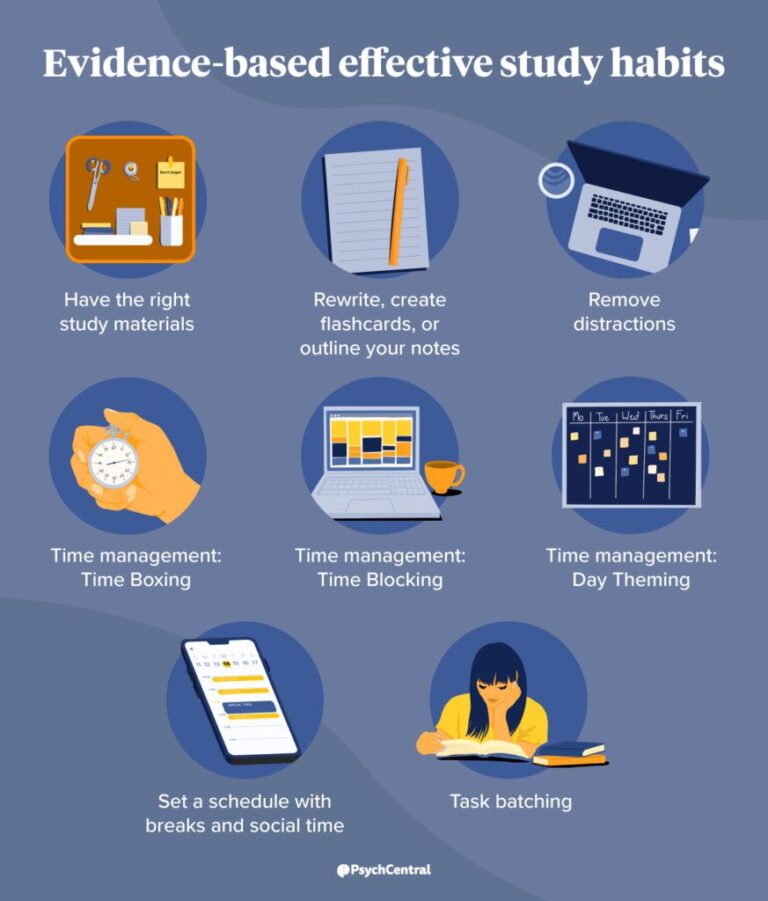Education Leadership Degree Programs: Shaping the Future of Schools and Systems
Education leadership degree programs are designed for educators ready to move from the classroom to the forefront of academic transformation. These programs equip professionals with the skills and credentials needed to lead schools, districts, and educational organizations with purpose and impact. As education evolves to meet the demands of a changing world, strong leadership is essential for driving innovation, improving student outcomes, and creating equitable learning environments. Whether you’re a teacher aspiring to become a principal, an administrator seeking district-level leadership, or a policy advocate aiming to influence change, education leadership programs offer the pathway to grow your career and make a lasting difference.
Why Education Leadership Degrees Are in High Demand
With growing expectations on schools to meet diverse student needs, adopt new technologies, and drive measurable results, there’s a critical need for highly trained education leaders. Education leadership degrees prepare professionals for these challenges by blending academic theory with real-world administrative strategies. Students learn how to build school culture, manage staff, design curriculum systems, analyze education policy, and allocate resources—all while keeping student achievement at the center.
Beyond school buildings, these degrees are increasingly valued in education nonprofits, consulting firms, and government agencies. As educational accountability increases, organizations seek leaders who understand both instructional quality and systemic management. This makes an education leadership degree not only a strong choice for school administrators, but a smart investment for those aiming for broader influence in the education sector.
What to Expect in a Top-Tier Education Leadership Program
While each program has its own structure, the best education leadership degree programs offer a balance of theory, applied learning, and field experience. Core subjects typically include instructional leadership, school finance, legal and ethical issues, organizational behavior, and data-informed decision-making. Many programs also emphasize equity in education and social-emotional leadership—skills vital for modern school environments.
Most degrees are available as a Master of Education (M.Ed.), Master of Arts (MA), or Doctor of Education (Ed.D.), depending on the candidate’s professional goals. Some programs cater to future principals and superintendents, while others are designed for curriculum specialists, college administrators, or education policymakers.
Flexible formats are also widely available, with online, part-time, and accelerated options designed for working professionals. Some institutions offer hybrid models, combining virtual coursework with in-person residencies for hands-on leadership development.
Choosing the Right Education Leadership Program for Your Goals
Finding the right program depends on where you want your degree to take you. If your goal is to become a school principal or district superintendent, look for programs that are state-certified and include licensure preparation. For those interested in policy, research, or higher education administration, consider programs that include coursework in educational systems analysis, research methods, and public policy.
Program reputation, faculty expertise, internship opportunities, and alumni success are also key factors. Universities with strong ties to school districts often offer valuable practicum experiences and networking advantages. Likewise, programs that emphasize mentorship and professional development tend to produce more confident, capable graduates ready to step into leadership roles.
Before applying, take time to evaluate course structure, accreditation, and admission requirements, including teaching experience, standardized tests, and recommendations. Some schools offer rolling admissions or GRE waivers, depending on professional background.
Career Opportunities with an Education Leadership Degree
Graduates of education leadership programs have access to a diverse range of leadership roles. In K–12 settings, common career paths include principal, assistant principal, instructional coordinator, or district administrator. Many graduates also pursue roles in state education departments, educational consulting, nonprofit leadership, or higher education administration.
The degree is often a requirement for those seeking school leadership licensure in the United States and is highly valued internationally for professionals involved in curriculum reform, teacher training, or education policy. Salary potential varies depending on location and role, but education leaders generally earn higher-than-average salaries compared to classroom teachers, with increased responsibility and influence.
In the long term, this degree opens the door to executive-level positions such as superintendent, director of curriculum, or dean of education at the university level—positions that offer the opportunity to drive large-scale educational change.
Online vs On-Campus: Choosing the Right Learning Format
One of the strengths of modern education leadership degree programs is flexibility. Online programs have made it possible for educators to earn advanced degrees while continuing to work full-time. These programs often include synchronous sessions, online discussions, and digital tools that replicate the collaborative nature of in-person learning.
On-campus programs, meanwhile, may appeal to those who prefer face-to-face interaction and direct access to campus resources. Some hybrid models combine the best of both worlds, offering the flexibility of online learning with the value of in-person leadership seminars or weekend residencies.
When comparing programs, consider your current work commitments, learning style, and support systems. A well-structured online degree with strong faculty engagement can be just as rigorous and respected as a traditional in-person program, provided it’s from an accredited institution.
Frequently Asked Questions
1. What can I do with an education leadership degree?
You can pursue roles such as school principal, instructional coordinator, district administrator, education consultant, or policy advisor. The degree also opens pathways into nonprofit and higher education leadership.
2. Is an education leadership degree worth it?
Yes, especially if you’re aiming for a leadership position in education. It enhances your qualifications, leadership skills, and earning potential, and often fulfills requirements for school administration licensure.
3. Can I earn an education leadership degree online?
Absolutely. Many accredited universities offer fully online or hybrid programs tailored for working educators, with the same academic rigor as traditional formats.
4. What is the difference between an M.Ed. and Ed.D. in education leadership?
An M.Ed. is typically for aspiring school-level leaders, while an Ed.D. is a doctoral-level degree for professionals seeking roles in policy, research, or system-wide leadership.
5. Do I need teaching experience to apply?
Most programs require some classroom teaching experience, especially those leading to administrative licensure. Requirements vary by program, so check admissions criteria carefully.


